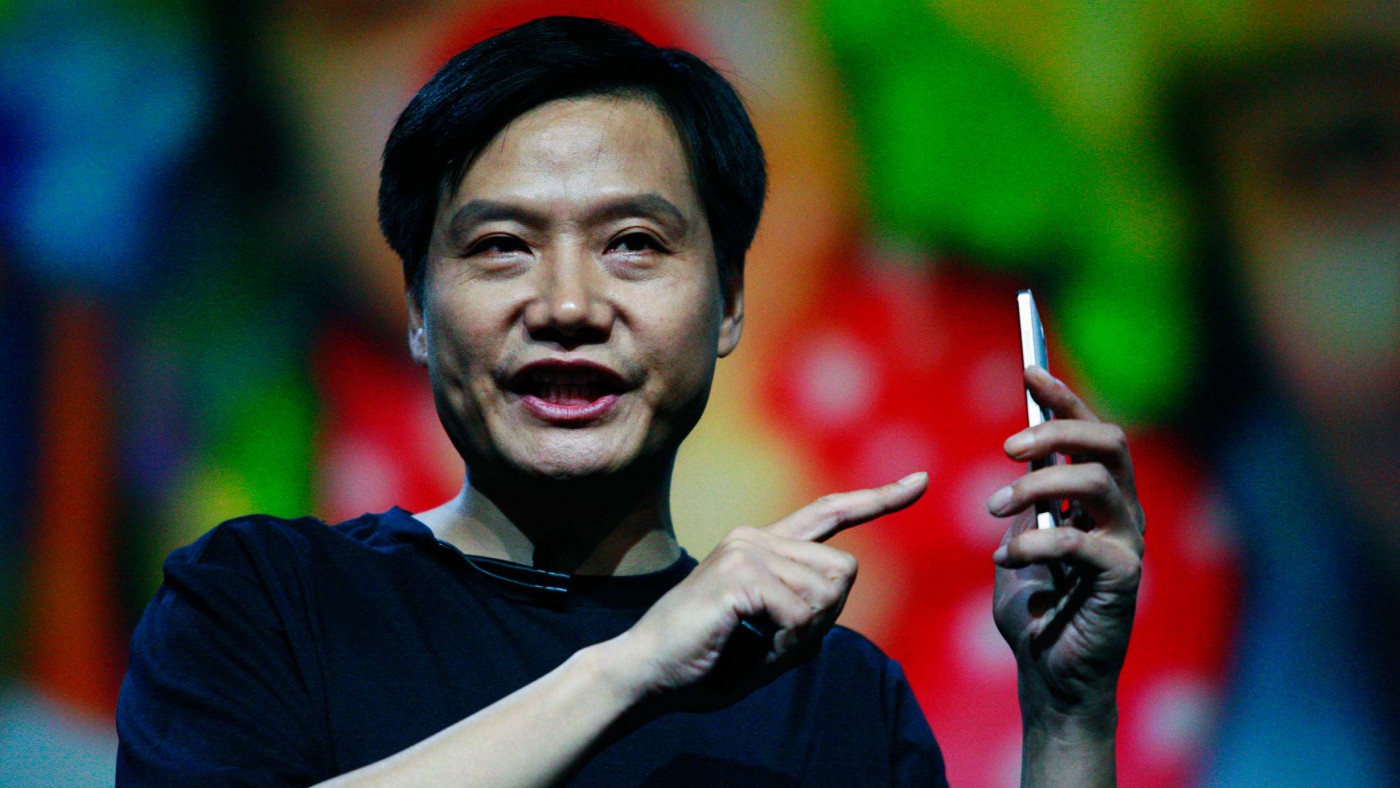In the few years since its founding, Xiaomi has managed to become the world’s third largest producer of smartphones. The 45-year-old Lei Jun owns a majority share of the company. Thanks to the rapid increase in value, he is now competing for the title as Asia’s richest person. Lei Jun has an estimated wealth of US$31 billion to US$39 billion. This is almost half of that of Bill Gates, the richest man on the planet. It is an impressive achievement, and an illustrative example of the new geography of global entrepreneurship.
Xiaomi’s success is a textbook example of how capitalism is both inclusive and elitist. The entrepreneurial firm creates many jobs and drives up wages. Thanks to Lei Jun´s venture millions of people are given the opportunity to buy smartphones that are comparable with iPhones but considerably cheaper. The Economist recently reported that over ten billion apps have already been downloaded from Xiaomi’s electronic store. Lei Jun, sometimes referred to as “China’s Steve Jobs”, has not amassed his wealth by exploiting others or grabbing existing resources. Through entrepreneurship, Jun has created new wealth. Xiaomi and other successful firms contribute to a phenomenal rise in living standards. They are doing so in a country where many people were starving a few decades ago when the economy was organised through socialist planning.
Not only in China, but throughout the world, the cheap phones that Xiaomi is developing are putting the pressure on companies like Apple to learn to cut prices. The vast majority of the value created by Xiaomi will not go to Lei Jun – just like the vast majority of the value created by Apple have not gone to Steve jobs. Rather, the employees, the customers and the world economy as a whole will benefit from new product and long-term technological development. Capitalism works.
But while consumption power is spread widely through the free market, wealth accumulation does not. Of course, the employees of Xiaomi could in theory save much of their wages and even buy up the firm. But like the western middle classes, they are more likely to spend than to save. Capitalism’s fruits are distributed widely. But it is a small elite who own and plant the fruit trees.


